Jennifer Aniston Slams “Cancel Culture” in New Interview
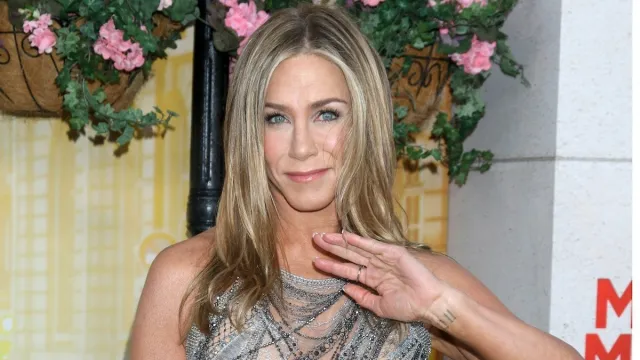
She currently stars on a TV show that has extensively explored the concept, and now Jennifer Aniston has made her personal opinion on cancel culture known. In a new interview with The Wall Street Journal, the actor slammed the social phenomenon, noting that she’s “so over” it. The Morning Show star also gave her thoughts on disgraced former producer and convicted sex offender Harvey Weinstein after saying that she doesn’t “put everybody in the Harvey Weinstein basket” when it comes to their wrongdoing.
Aniston has touched on the topic of people and media being “canceled” before. Not long ago, the 54-year-old commented on younger generations finding the show Friends offensive and noted that she thinks they’re more sensitive than audiences who were watching the show when it originally aired. Read on to see what Aniston has had to say about cancel culture and changing times, especially in Hollywood.
RELATED: 6 “Canceled” Celebrities Who Were Never Heard From Again.
Aniston is “over” cancel culture.
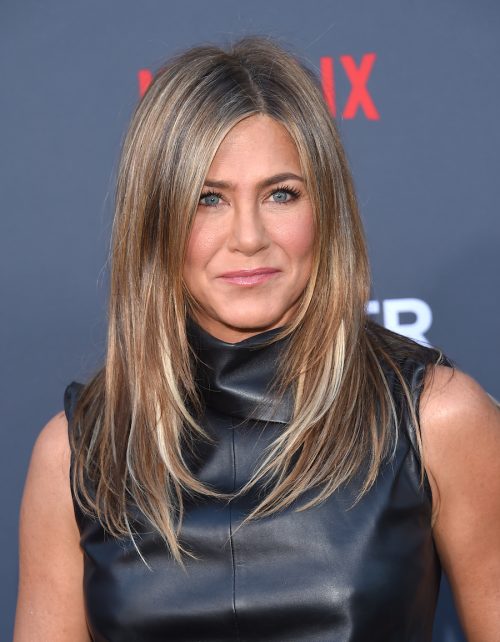
In an interview with The Wall Street Journal published on Aug. 22, Aniston remarked, “I’m so over cancel culture. I probably just got canceled by saying that. I just don’t understand what it means.… Is there no redemption? I don’t know. I don’t put everybody in the Harvey Weinstein basket.”
Weinstein has been accused of sexual harassment and abuse by over 80 women. When multiple allegations against him became public in October 2017, it kicked off the #MeToo movement within Hollywood. The former industry power player has been sentenced to 39 years in prison for sexual assault charges in both New York and Los Angeles.
Aniston’s series The Morning Show focused on the #MeToo movement during its first season, in which a news anchor is accused of sexual misconduct.
She described her own encounter with Weinstein.
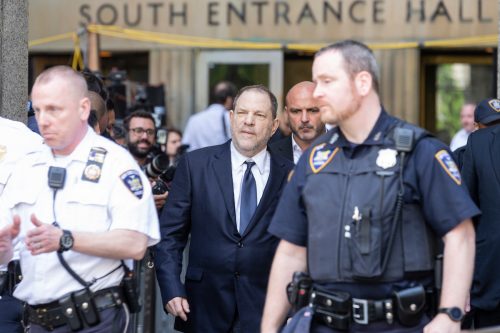
Aniston told The Wall Street Journal that she was never harassed by Weinstein but did not find him pleasant to be around and made a point to not be alone with him.
“He’s not a guy, you’re like, ‘God, I can’t wait to hang out with Harvey.’ Never,” she said. “You were actually like, ‘Oh, God, OK, suck it up.’ I remember actually, he came to visit me on a movie to pitch me a movie. And I do remember consciously having a person stay in my trailer.”
Weinstein told The Wall Street Journal that Aniston “never had any uncomfortable instances with [him].”
For more celebrity news delivered right to your inbox, sign up for our daily newsletter.
There isn’t an agreed-upon definition of cancel culture.
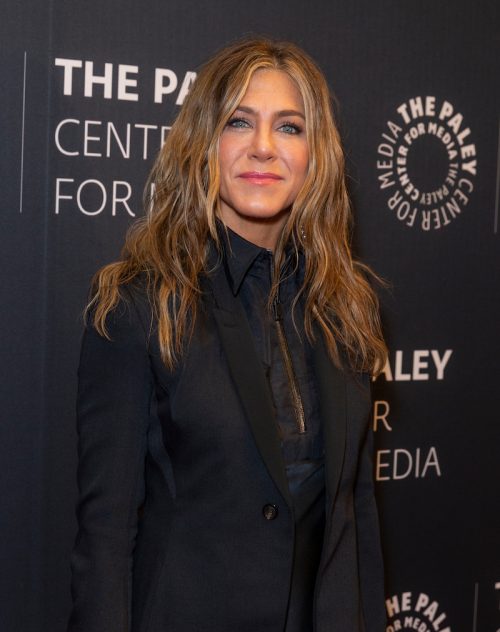
Aniston admitted herself that she doesn’t entirely understand what cancel culture is. And she’s not alone, because the term is used differently by different people, and its meaning can change based on its application. The term has also been politicized and often deployed in conversations about free speech.
In 2020, the Pew Research Center conducted a survey to find out how Americans define and feel about cancel culture. The survey found “a public deeply divided, including over the very meaning of the phrase.” Some people believe the term to be about “actions people take to hold others accountable” while others “described it as a form of censorship.”
RELATED: 6 Classic Sitcom Episodes That Are Wildly Offensive by Today’s Standards.
Aniston also said that comedy is harder these days.
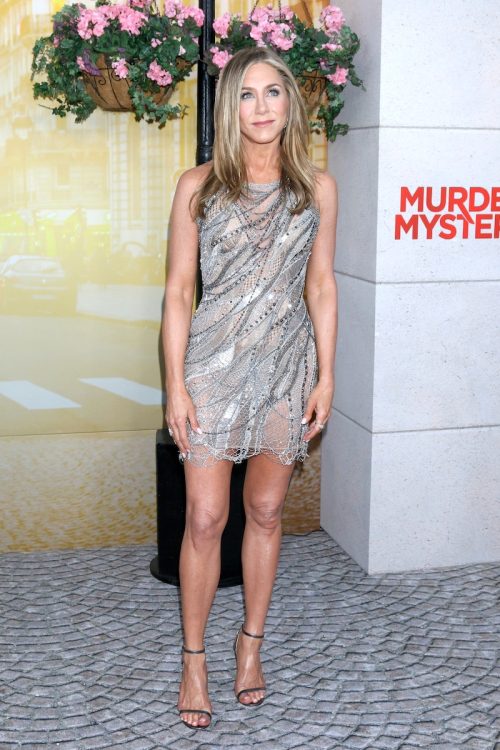
In a March interview with French news agency AFP, Aniston mentioned that some younger viewers find Friends, the blockbuster hit show that made her famous, offensive. She added that she believes that people are becoming more sensitive in general, and that that has had an impact on entertainment.
“There’s a whole generation of people, kids, who are now going back to episodes of Friends and find them offensive,” Aniston said. “There were things that were never intentional and others… well, we should have thought it through—but I don’t think there was a sensitivity like there is now.”
The Emmy-winner continued, “Now it’s a little tricky because you have to be very careful, which makes it really hard for comedians, because the beauty of comedy is that we make fun of ourselves, make fun of life.” She also said that, in the past, “you could joke about a bigot and have a laugh—that was hysterical. And it was about educating people on how ridiculous people were. And now we’re not allowed to do that.”
She concluded that the world needs humor than ever, adding, “Especially in the United States. Everyone is far too divided.”